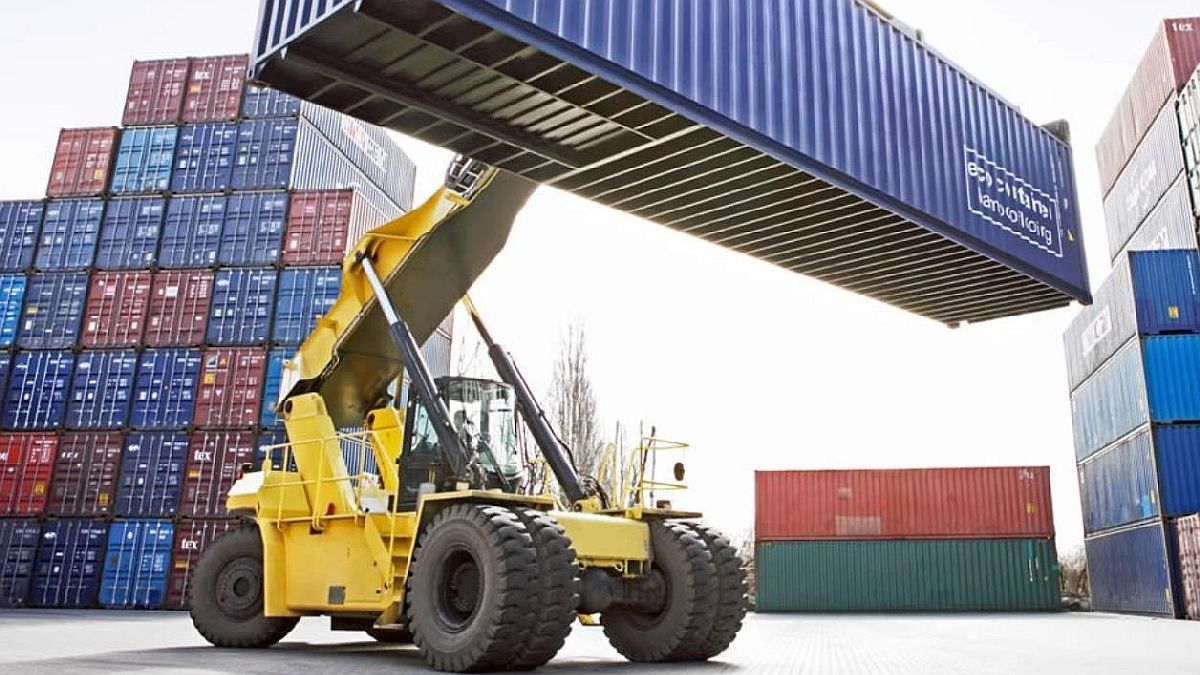Specifically, andhe Ministry of Economy led by Martín Guzmán continues to project growth of 4% for this year, which will be sustained by exports of more than US$90 billion. The premise to maintain these projections is: imports are not restricted, but the terms of access to the single foreign exchange market. “There is stock of inputs and there is demand. Also this will end in September. The recessive effect would have occurred if, faced with the lack of dollars, which is real, we took the path of devaluation“, they pointed out to Ámbito from an office with decision-making weight in the matter.
“It is not the first time that something like this has been done and in all cases the companies adapt. The multinationals are going to go out to finance themselves abroad, nobody is going to stop producing because imports are not difficult here, but access to the MULC “said one of the officials who worked on the measure. Along these lines, he added: “Argentines have a GDP in dollars abroad and of course it is not the capital of a single person, so many have room to use those funds.”
Outside the sectors with the highest margin, in the Government recognize that despite having expanded the quota, the measures may have some kind of impact on SMEs who are the ones who will have the most difficulties in accessing external financing, due to credit history and international conditions.
In dialogue with this medium, the director of Economic Studies of the Association of Metallurgical Industrialists (ADIMRA) Tomás Canosa explained: “The key is that these tools in terms of trade administration allow a balance to be reached so that this situation does not impact the activity The metallurgical sector has been showing an increase in the level of production month after month and finding mechanisms for companies to acquire supplies and parts and pieces that are not manufactured in the country is essential so that the growth process can continue” .
In contrast, the Argentine Chamber of Commerce (CAC) showed its skepticism in a statement released yesterday. “The measures of the Central Bank of the Argentine Republic imply new and significant restrictions on foreign purchases, which are added to so many others already existing,” says the letter from the entity led by Mario Natalio Grinman. Along these lines, he adds: “the transitoriness that the new requirement is expected to have does not mean that it has great power of damage in the current situation, when the country makes its best efforts to overcome the deep contraction it suffered in the framework of the covid-19 pandemic, which added to a 10-year stalemate.”
In any case, the first 48 hours of validity of the new package delivered positive results in terms of reserve accumulation. Apart from the collateral damage, the possible preventive marking and pressure on parallel dollars, the Central Bank acquired US$400 million, US$250 on Monday and another US$150 yesterday and, ultimately, that is the objective that is chased
Source: Ambito
David William is a talented author who has made a name for himself in the world of writing. He is a professional author who writes on a wide range of topics, from general interest to opinion news. David is currently working as a writer at 24 hours worlds where he brings his unique perspective and in-depth research to his articles, making them both informative and engaging.




